Nabechan – (F1) Onion Seed
$4.55 Original price was: $4.55.$3.20Current price is: $3.20.
1990 in stock
Better flavor than other bunching onions.
Sweeter, more complex flavor. Upright plants with uniform, thick shanks and no bulbing. Nabechan is a traditional Japanese type grown for its high quality. Can also be grown like a leek to create a unique large scallion known as “negi” in Japan. For negi-style scallions with a thicker, blanched portion, start in flats. Transplant 6″ apart in rows 24″ apart, in holes dibbled 6″ deep in late spring, when 8″ tall and pencil-thick. Avg. 188,100 seeds/lb. Packet: 300 seeds.
SCIENTIFIC NAME: Allium fistulosum
CULTURE: Seed can be sown in early spring for summer use, and in July or August for fall and spring use. Bunching onions prefer a soil with a pH of 6.2–6.8. Extra-hardy varieties will normally survive the winter if the soil is well drained.
DIRECT SEEDING: Sow ¼” apart in rows of 2–3″ wide bands,¼-½” deep. Thin to about an inch apart only if large diameter is needed. Keep well cultivated so that plants receive maximum light.
TRANSPLANTING: For negi-style scallions with a thicker blanched portion, start in flats. Then, beginning in late spring, when 8–18″ tall and pencil-thick, transplant outdoors 6″ apart, rows 24″ apart in holes dibbled about 6″ deep. Only 1–2″ of leaves need extend above the soil surface. Do not firm soil — allow irrigation or rain to fill in the dibble hole.
BLANCHING: During the growing period hill the plants with soil 2 or 3 times, higher with each hoeing. This forces the leaves higher up the plant resulting in extra-long blanched stalks and a much greater edible portion. When using the “dibble method”, hilling is reduced or eliminated.
HARVEST: Loosen with fork or underminer and gather. Wash, hydrocool, and hold at near freezing until shipped or displayed.
AVG. DIRECT SEEDING RATE: 1 oz./250′, 4 oz./1,000′, 1 lb./4,000′, 7½ lb./acre at 50 seeds/ft. in 2″ wide bands 18″ apart.
SEED SPECS: SEEDS/LB.: Avg. 150,300.
PACKET: 300 seeds, sows 10′.
| Weight | 1 kg |
|---|---|
| Dimensions | 1 × 1 × 1 cm |
Be the first to review “Nabechan – (F1) Onion Seed” Cancel reply
Shipping is an additional 15-29 business days depending on location. Shipping time will be provided at checkout.
Returns
If seeds fail to leave China, we will refund your payment 100%. But if seeds fail to reach you due to customs problem on your side which we were not informed in advance, we will not be able to bear any loss, and no refund will be made.
We sell only viable plants seeds online, and test germination of our seeds from time to time. So we will not be able to refund for seeds that clients fail to germinate, unless we are convinced that it's truly problem of our seeds.
———
Please send us an email: [email protected] and be as detailed as possible while filling in the information.
After submission, We will reply to you within 24 hours. Please be patient.
———
CHARGEBACKS & DISPUTES
Please contact us by email before opening a merchant chargeback or payment dispute, as we can generally resolve the issue before that takes place. Any chargebacks and disputes disable our ability to issue refunds or credits due to funds being frozen.
———
REFUND, EXCHANGE AND RETURN
Customers have the right to request a refund/ return/ exchange within 14 days from the delivery date. Our Customer Service team will offer the best solutions for specific situations.
Related products
Onions

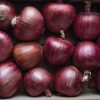

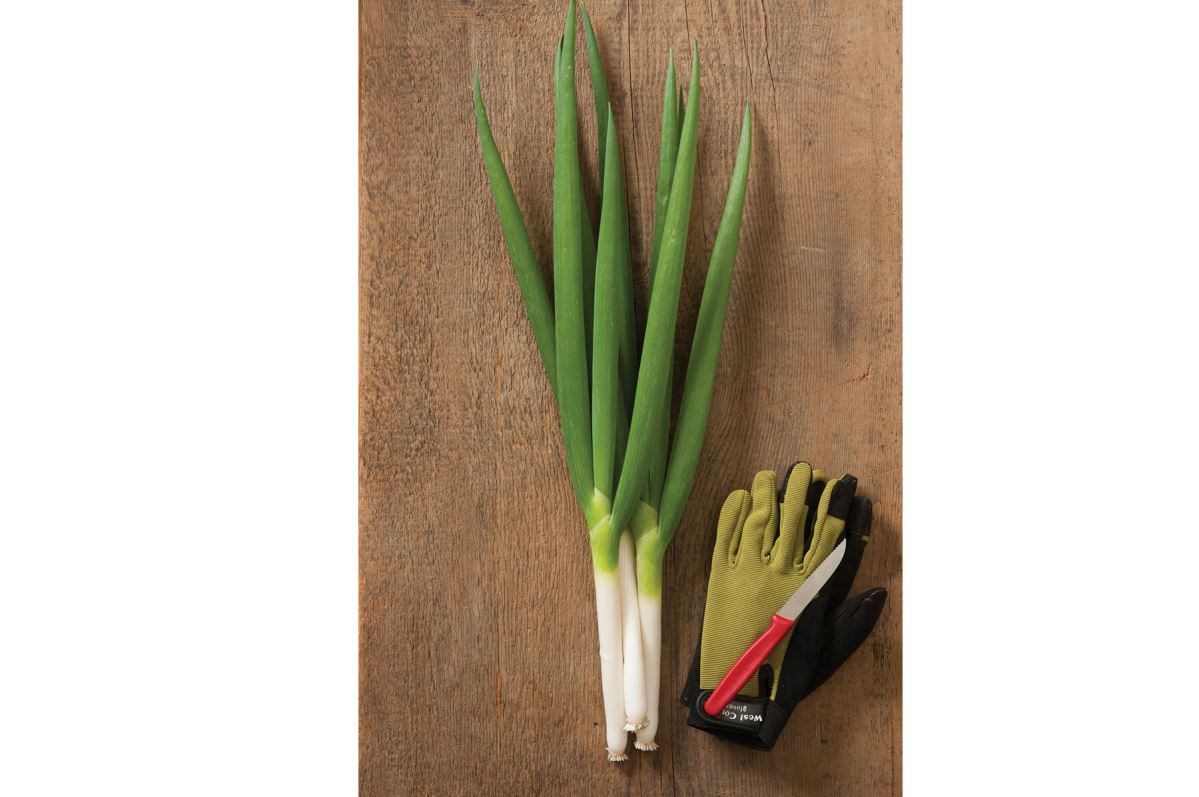
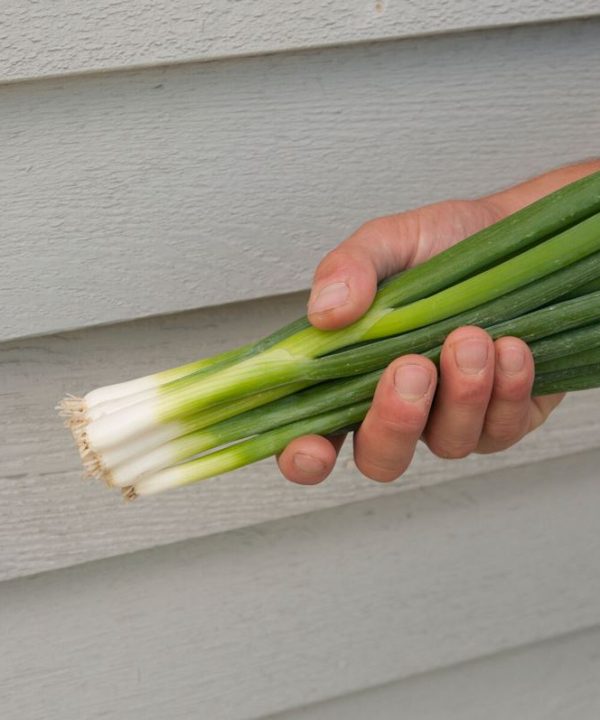
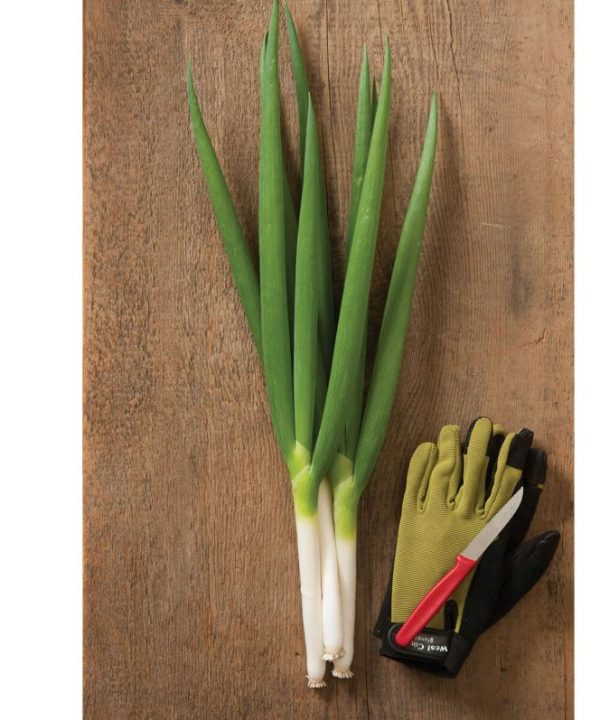
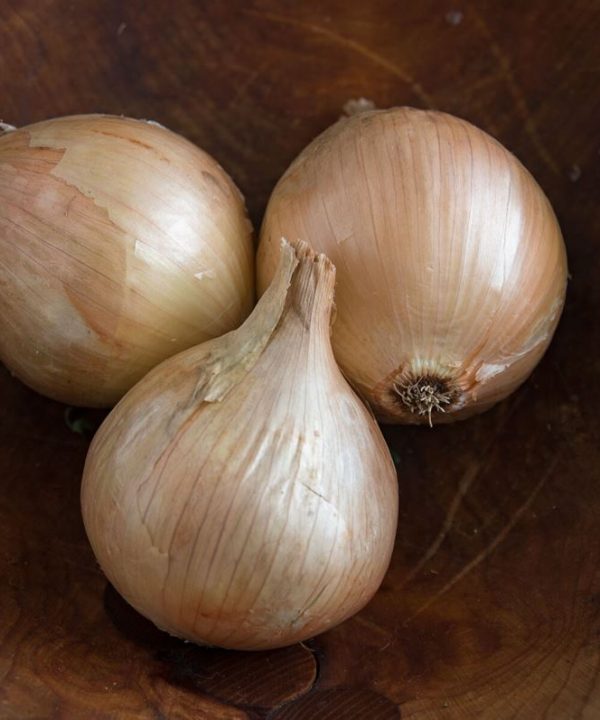
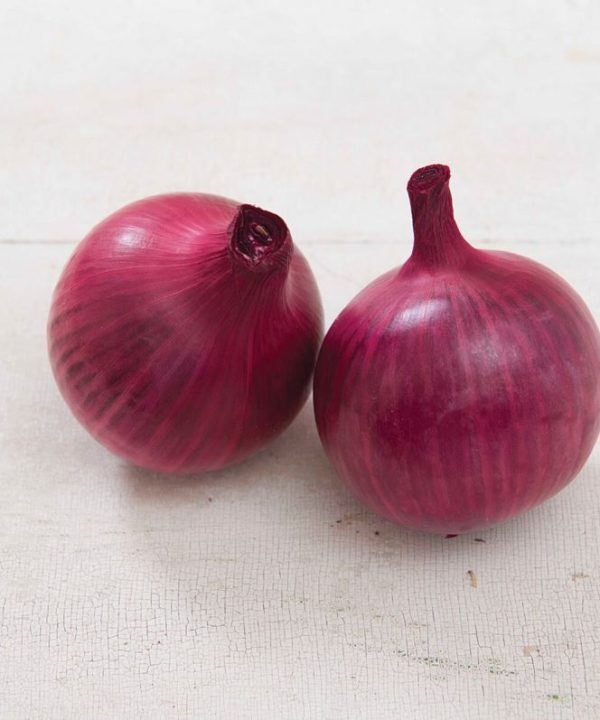
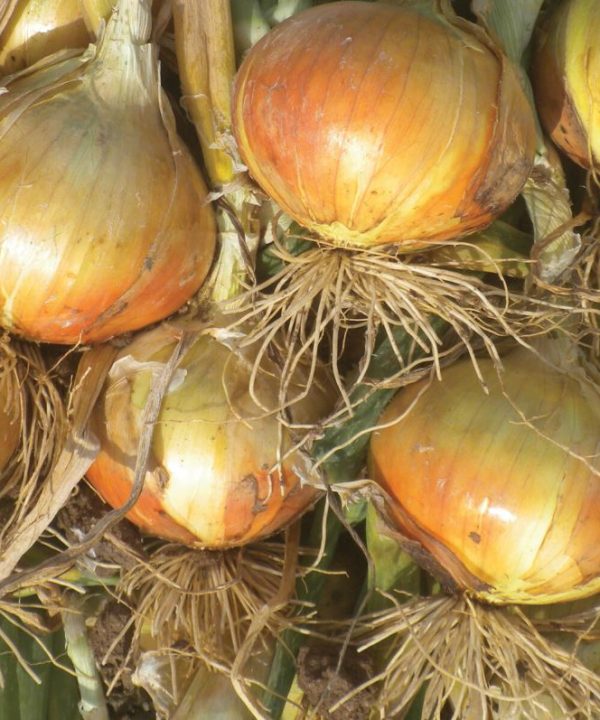
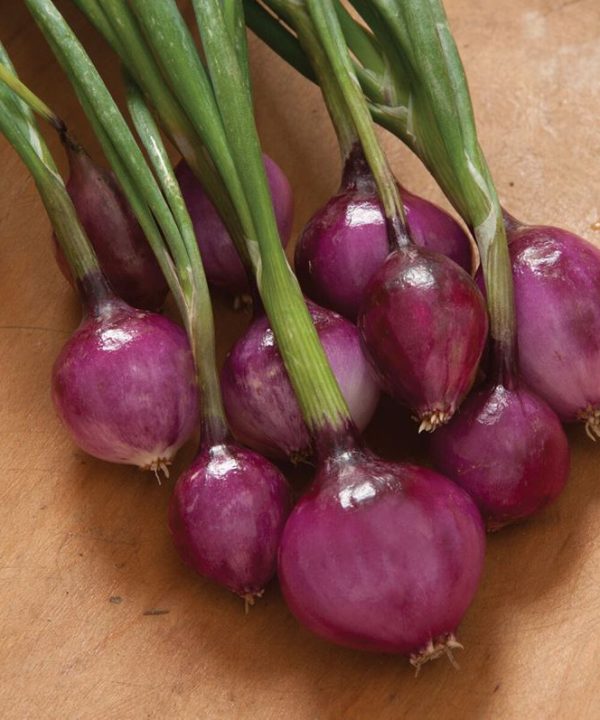
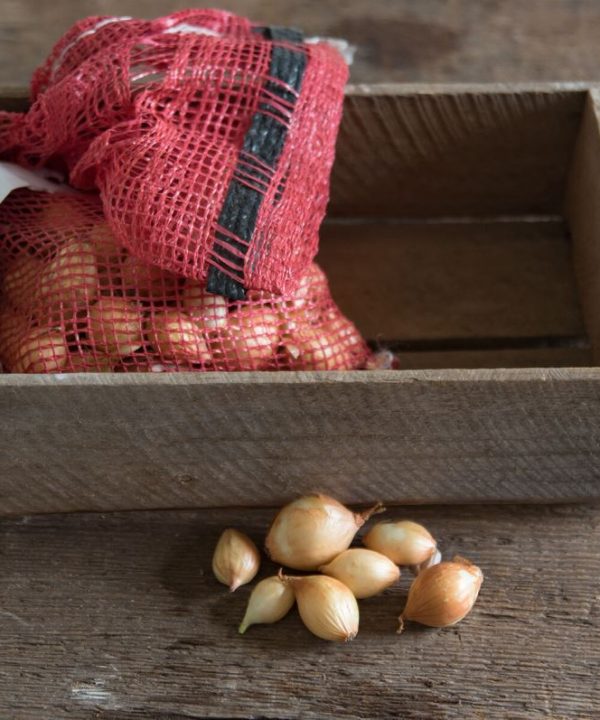
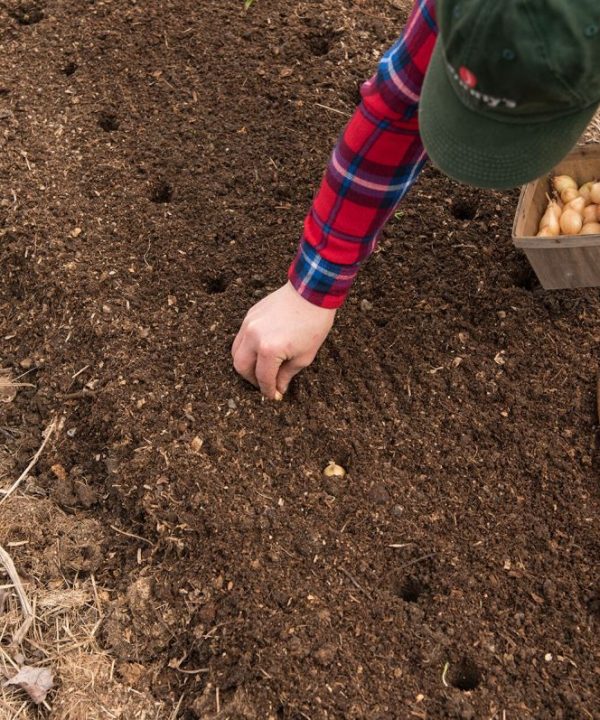
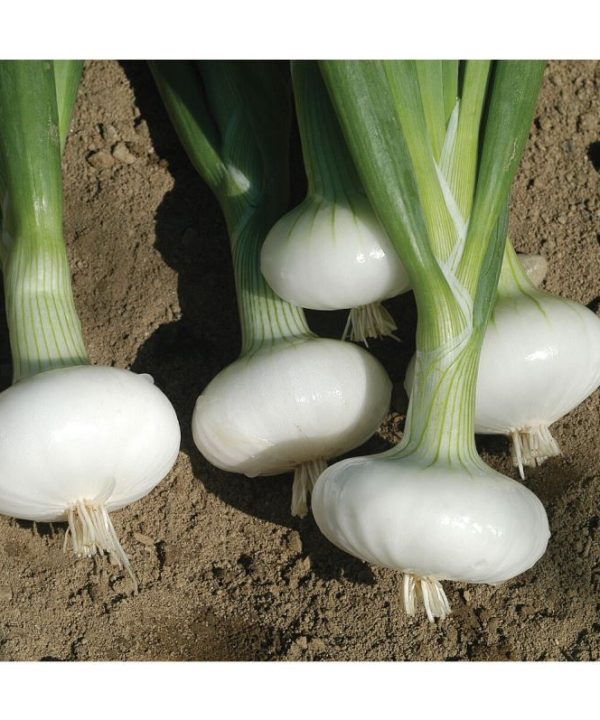
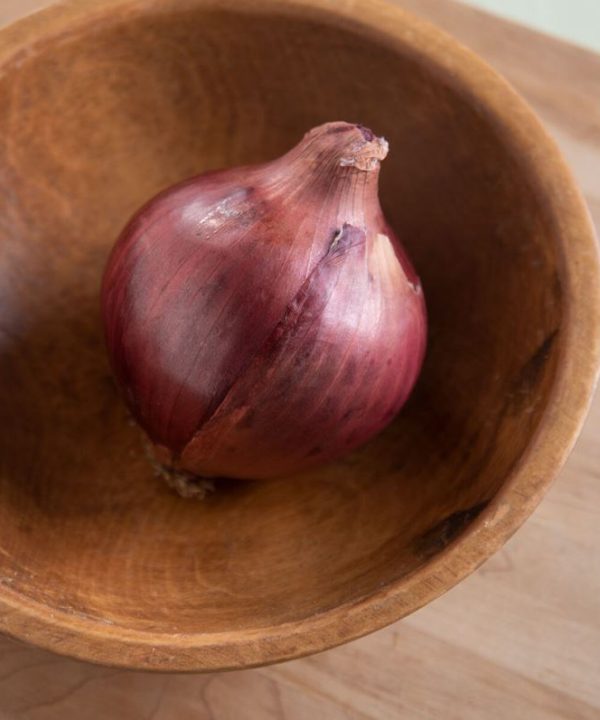
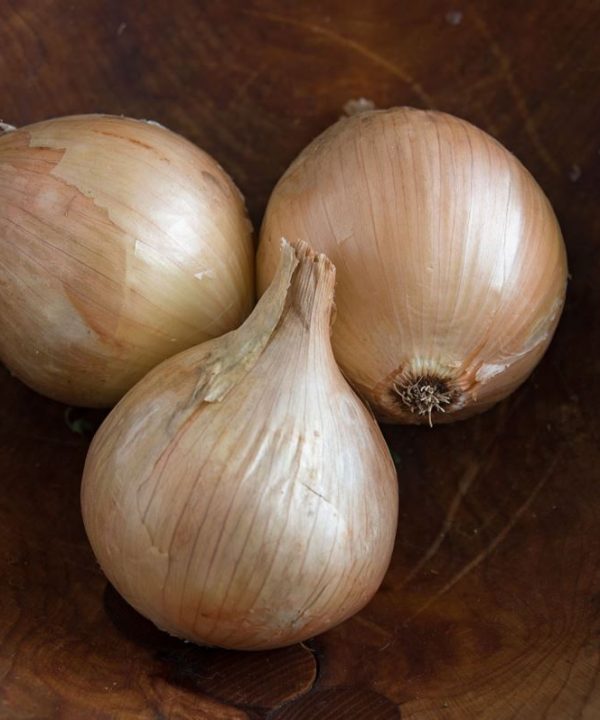
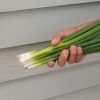
Reviews
There are no reviews yet.